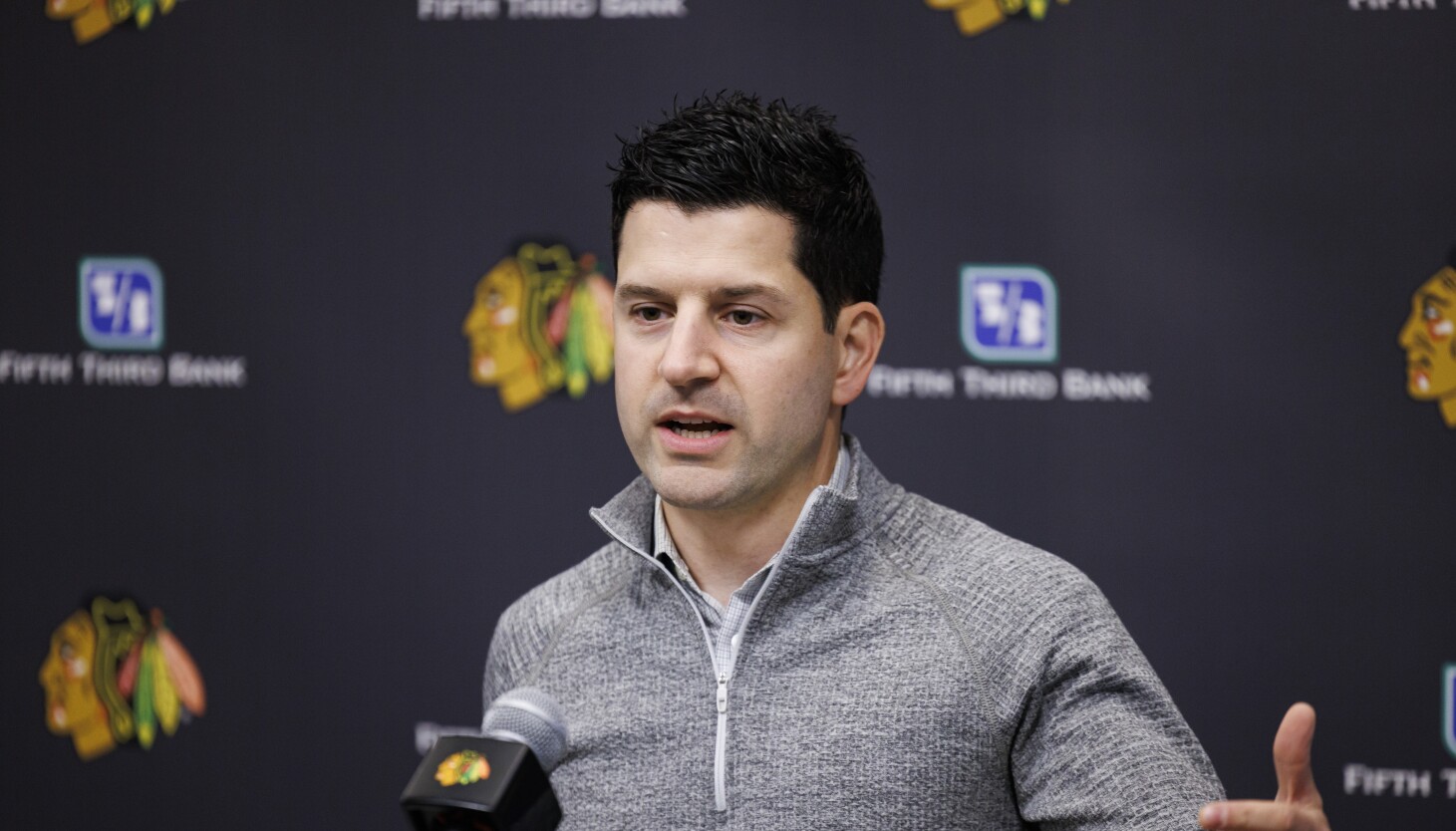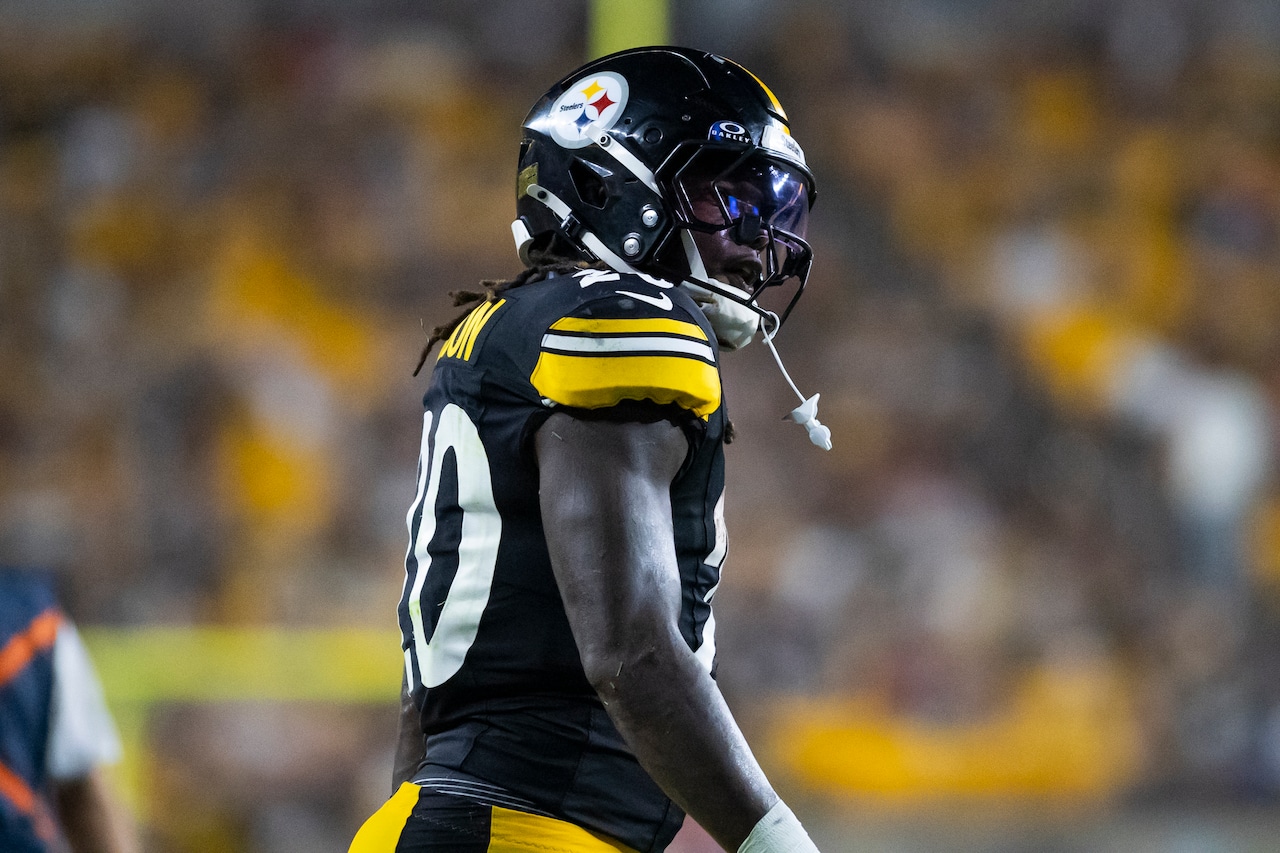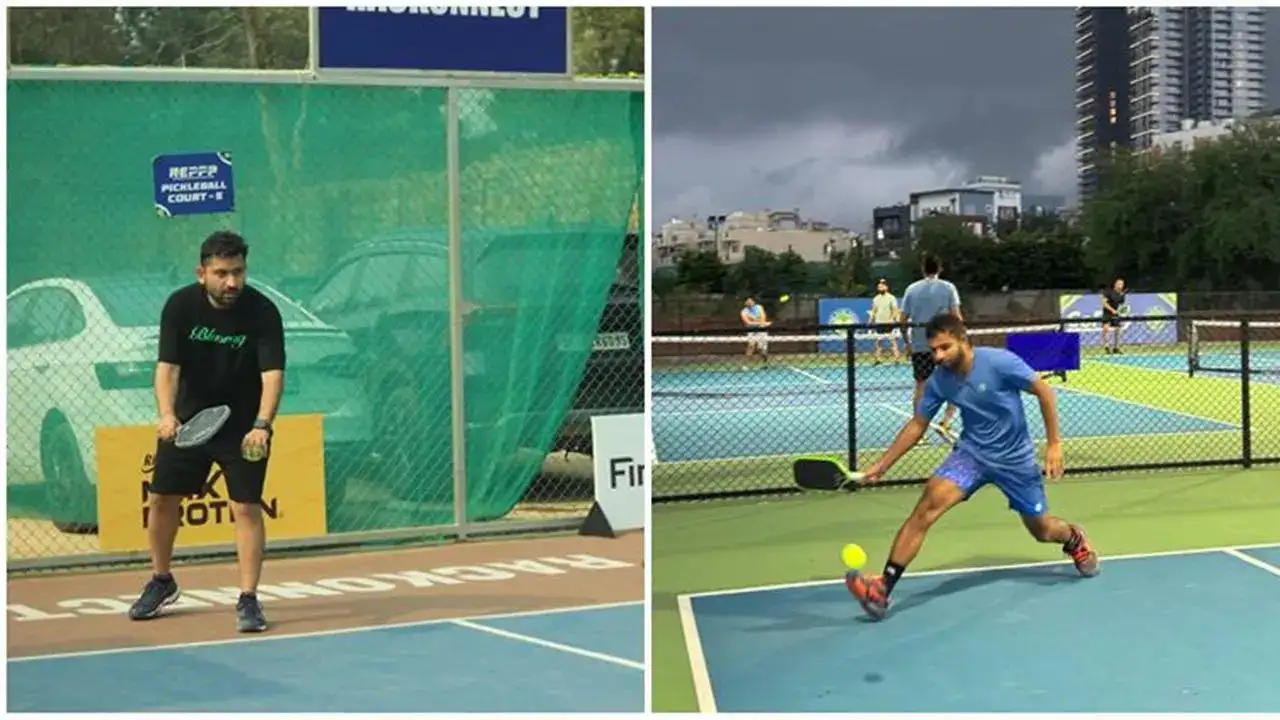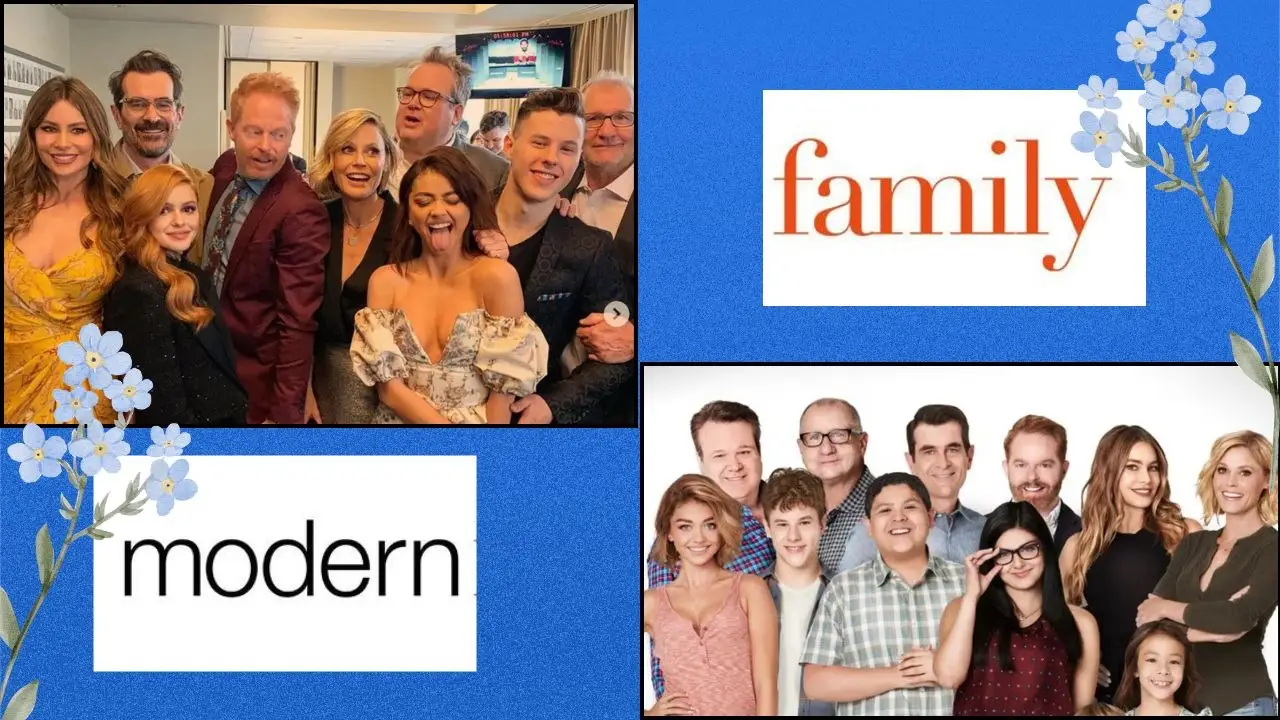
In hockey, rebuilding takes a long time.
The Blackhawks have vividly demonstrated that fact to their fan base over the last three-plus years, and they’ve tested the patience of many of those fans while doing so.
It’s an unavoidable reality because of the nature of the NHL draft — for which players become eligible before entering college, not after leaving it. But particularly for casual Chicago sports followers more accustomed to the relatively immediate impacts of the NFL or NBA drafts, it’s painful nonetheless.
That pain and impatience has fueled plenty of criticism of Hawks general manager Kyle Davidson, especially last season, that really wasn’t justifiable.
In a micro sense, there’s no question Davidson has made mistakes. His robust 2024 free-agent class, for example, proved rather disastrous, and his first coaching hire of Luke Richardson turned out just OK. He objectively failed to allow the 2024-25 Hawks to take the step forward he promised they would.
There has also been one ultra-macro argument against Davidson viable all along: That the philosophy of scorched-earth rebuilding — of tanking, in more simplistic words — goes against the very spirit of sport.
There are people who believe that, and they can make plenty of compelling points in their favor, even though plenty of franchises across various leagues have popularized the approach they despise.
In a general macro sense, however, Davidson has executed on his plan in consistent ways. He has accumulated a ton of high picks, used those picks to build up an enormous and generally acclaimed prospect pool and kept the Hawks’ long-term salary-cap sheet clean and wide open.
The failures of the 2024-25 team, not to mention those before it, didn’t negatively affect the plan — thus making their failures essentially meaningless. If anything, the unplanned 2025 bottom-three finish just gave the Hawks an opportunity, which they took, to obtain the last missing piece of their prospect pool: another elite forward prospect (Anton Frondell).
But now, in 2025-26, fair judgment of Davidson can finally begin in earnest.
That’s because a sizable portion of the Hawks’ roster will, at last, be populated by prospects — most of which he drafted and all of which he oversaw the development of.
The assets he acquired — or gave space to grow — by trading away or moving on from an entire previous generation of Hawks will now sit in the same locker stalls that Patrick Kane, Alex DeBrincat and Co. did.
As recently as last fall, there was only one Davidson selection — Connor Bedard — on the NHL roster. Come opening night Oct. 7 in Florida, there could be up to six: Bedard, Frank Nazar, Sam Rinzel, Artyom Levshunov, one of Oliver Moore or Ryan Greene and possibly Kevin Korchinski. Most of them will be in prominent roles, too.
There’s also the cornerstone defenseman he developed and signed long-term (Alex Vlasic) and the goaltender he acquired to be the long-term starter (Spencer Knight).
The forward corps still feature plenty of placeholder veterans, all of which Davidson signed or acquired but not with the intent to build around, but that should gradually change as the season progresses.
Nick Lardis, Samuel Savoie, the loser of the Moore/Greene camp battle (among others) will be knocking on the door in Rockford, and Sacha Boisvert could debut this spring after his college season ends.
By camp next year, Frondell, Roman Kantserov and Marek Vanacker (among others) should be squarely in the mix, as well.
Finally, fans and everyone else will get to see the fruits of Davidson’s rebuild with their own eyes on United Center ice. They’ll be able to evaluate those young players against NHL competition and form informed opinions about whether they have the ability to form a successful new core.
When a prospect is playing in Russia or rural Quebec or even Rockford, they’re out of sight and out of mind for all but the most clued-in fans, even if they’re accomplishing exciting things. When they’re playing for the Hawks, it’s a different story.
“The composition of our team is just so different from last year,” Davidson said Thursday, the first day of training camp. “There’s an excitement factor and a future impact that we should see throughout this season from some players that will be here for a very, very long time.”
It’s worth noting most young players shouldn’t be expected to dominate the NHL right away. All of them are inexperienced, and none have reached their physical peaks yet.
In fact, there’s a sizable chance this Hawks team will finish in the bottom three again, which would lead to another spring of hand-wringing about lottery odds — especially with projected No. 1 pick Gavin McKenna up for grabs. From a win/loss standpoint, more fan patience will be necessary; the Hawks aren’t out of the woods yet.
But the young players should be expected to at least show signs — natural talent, hard work, good vision, etc. — that they could eventually dominate. They’ll finally be on the clock in the show, shifting through the final sieve that separates gems from busts.
Whether or not they show those signs will reflect on Davidson. He’s responsible for this. He will deserve the credit if things look promising, and he will deserve the blame if things don’t.
Davidson has now made lengthier contractual commitments that can begin to be evaluated, too. Vlasic got $4.6 million for six years, Nazar got $6.6 million for seven years, Knight got $5.8 million for three years and Donato got $4 million for four years.
All of those currently seem like good market value, so much so that Davidson has established the hint of a reputation as a strong negotiator when it comes to re-signing players — albeit not so much on the open market. But if several of those guys plateau in the coming years, Davidson could look unwise for committing so much to them up front.
Davidson will eventually need to land big fish on the open market, because the Hawks will likely need a Marian Hossa-type addition to supplement this young core even if things go well. No successful team can be built entirely with prospects, no matter how many gems emerge.
Once that time comes, Davidson will need to prove he can be a good contending GM, not just a good rebuilding GM. His job is only going to get more complicated and difficult from here.
First, though, comes the long-awaited opportunity to determine if he is a good rebuilding GM.



